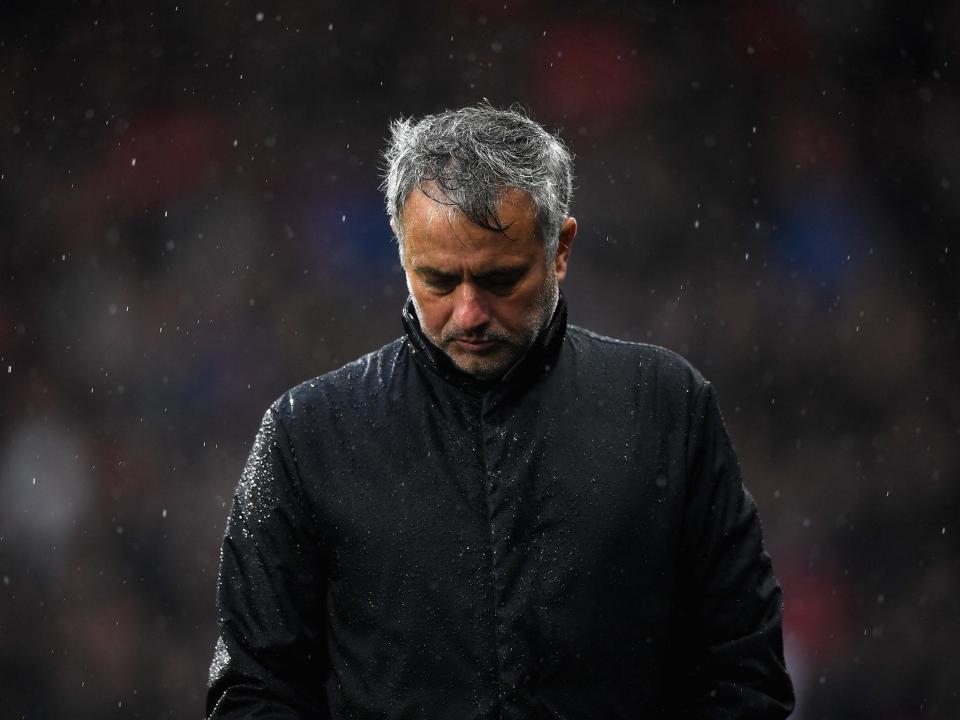How Mourinho must learn from Ferguson's reinvention of Manchester United to close the gap on Guardiola
Earlier this season, Jose Mourinho wanted to call a Manchester United player up on a transgression, so hauled the squad member and his representative into his office. It wasn’t exactly a major issue, but it was an irritant, so brought quite the blast from the Portuguese.
“With Jose, you know what you’re going to get,” one figure who has been in similar situations says. “But then when you get it, f**king hell.”
So much has been made of Mourinho’s public mood, and even his very interest in the job, but such accounts illustrate that the fire is very much still there.
It is a fire that is greatly needed, maybe now more than ever, because the Portuguese is probably facing the greatest challenge of his career: to properly re-establish himself and his club at the pinnacle of the game. To be the winner again, rather than just a competitor.
Sure, it is nowhere near as drastic or as dramatic a situation as what happened at Chelsea in 2015-16, but this challenge is all the greater because it immediately follows that. It is about the long-term, rather than the pronounced perfect storm that had such specific problems at Stamford Bridge.
READ MORE: Mourinho insists other managers have ‘friends in high places’
And sure, it doesn’t have the scale and fundamental difficulty of taking a club like Porto to a Champions League win, but then that was at a point of ascendancy in Mourinho’s career when his decision-making was so good and his thinking so far ahead that everything seemed to come so naturally.
That is not happening now. It is as if everything is a grind.
As such, we now find familiar storylines playing out again but in a different era, with Mourinho facing a very similar challenge to the one he set Sir Alex Ferguson back in 2004 when the Portuguese left Porto for Chelsea.
Then, the illustriously successful Manchester United boss came up against the most exciting coach in the game, who – because of his own brilliance – walked into a situation that was as close to perfect in football as you could imagine, with so many burgeoning stars and a club of almost unprecedented sources willing to back him. It led to a lot of talk that Ferguson was done, finished as a force.
Now the shoe is on the other foot, with questions being asked of what lies in store for the incumbent United manager as Pep Guardiola’s Manchester City carve out their place in English football history. For they have the potential – to paraphrase Ferguson himself when talking about Liverpool at the end of the 80s – to change life “dramatically” for United and everyone else.
But just because Ferguson eventually overcame one of his greatest obstacles in the mid-2000s doesn’t mean that Mourinho will do the same now. There is no easy next step. History getting replayed is very rarely that clean.
Ferguson met and ultimately demolished the challenge of Mourinho’s Chelsea side by – ironically, given the context – doubling down on one of his driving qualities: the ability to adapt. He also showed a lot of patience, but equally a judicious mind for iron-strong decisions at key moments.
Ferguson gradually built a new team around the talent of young players like Wayne Rooney and Cristiano Ronaldo, ignoring impatience and inevitable criticism of shaky results from outside the club and even within, leading to a genuine landmark moment in United’s history: the dismissal of Roy Keane after a controversial appearance on the club’s own TV station.
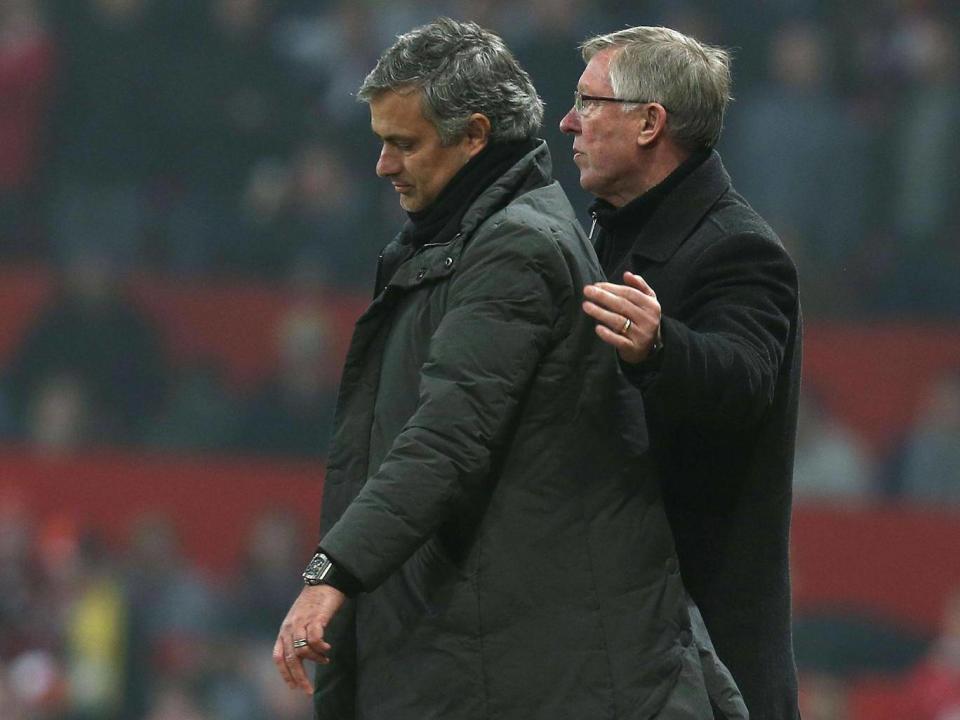
But the real reason behind Keane’s defenestration was much colder. Keane simply wasn’t performing to the same level. He required too much accommodation. Ferguson himself was too forward-thinking. With a few other key pieces added to the side, he also adapted how United approached both games and seasons. Ferguson had noted how crucial Mourinho’s brilliant backline had been – and would made sure to restore United’s own defence to its former glory – but also spotted an evolution in attacking play and how interchanging fluidity was being prioritised over rather fixed focal points.
It meant that he began to put out a rock-solid and pragmatic side, but one that could effortlessly change to become blindingly unpredictable but assertive at the same time. United were also primed to start the season on the front foot, directly responding to Mourinho’s record points hauls, which marked a change from Ferguson letting his side settle into a season for late surges.
The result was probably his greatest ever team.
Given what is happening at City, and even allowing for an element of hyperbole about what they’re doing, Mourinho really requires a similar response. He probably does need to change something, too.
The fair question is whether there is something of an inherent impediment at play here in Mourinho’s psyche.
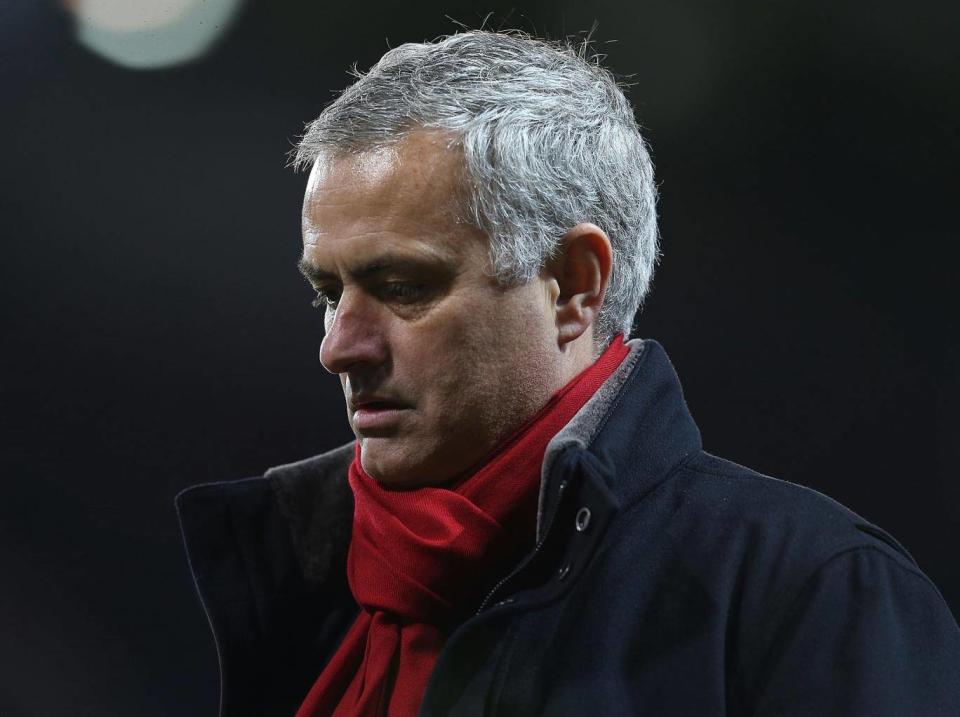
While one of Ferguson’s finest qualities was that constant willingness and ability to adapt and evolve, one of the main criticisms of Mourinho has been a refusal to do just. It sometimes feels – at least on the outside – that he is instead belligerently intent on proving that his way remains the best. As a small example, how else to explain the constant attempts to paint the title wins of Leicester City and Antonio Conte’s Chelsea as derivatives of his own footballing model?
It’s possible he could pull it off, of course, but very few managers in football history have stayed at the top for more than 10 years – let alone 15 – without some significant shift in their methods.
So much of the Portuguese’s management obviously remains excellent and effective, to the point a Mourinho team will always be competitive, but it is fair to say that there a few issues that have emerged and became so pronounced in that last season at Chelsea.
The first is the fundamental football. Mourinho is broadly playing the same pragmatic reactive style he enforced back in 2004, with so much of the attack focused on a physical centre-forward, and that despite the game seeing at least two major tactical evolutions since then.
Then there is how he oversees all this. With Mourinho accustomed to 15 years of instant success and most of his major decisions immediately paying off, is he now too hardline, and that in an era where the personalities of players are different and so often perceived to be softer compared to when he was at his peak. His struggles at Chelsea in the 2015/16 season highlighted this.
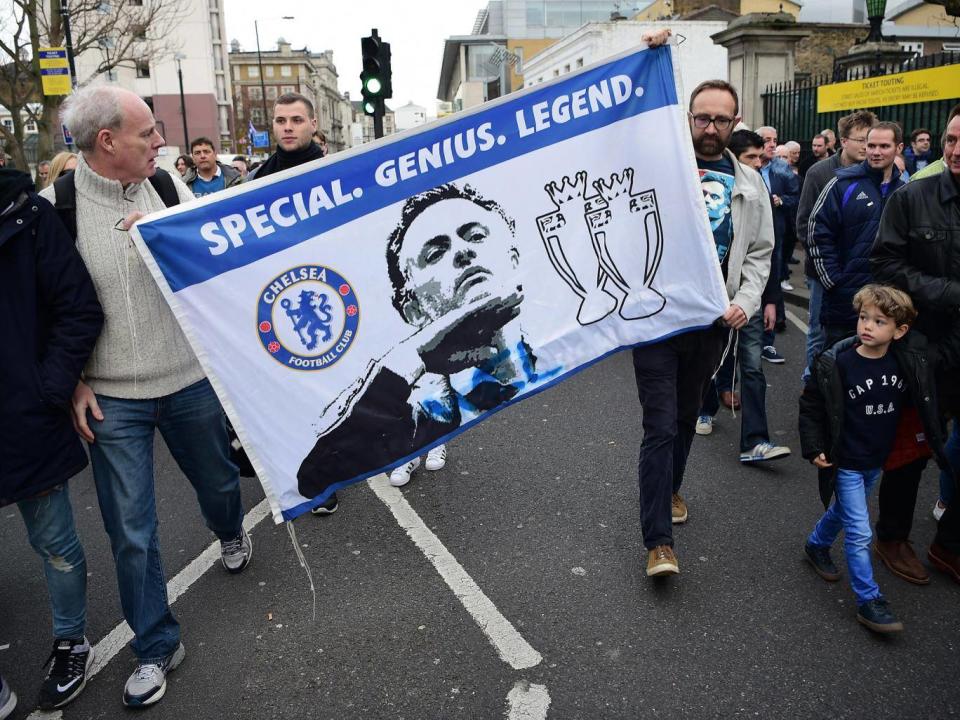
It does often seem like he lacks Ferguson’s patience and foresight in that regard, something to maybe be expected by a figure described as the ultimate short-term manager.
There’s also the fact that Ferguson had so many different assistants during his time at United, and thereby very different points of view that he was willing to trust, whereas Mourinho has had the same backroom staff for his whole career.
For their part, the United squad are said to have a lot of time for Mourinho’s backroom staff and that there is a good chemistry, even if the manager’s bad-cop decisions can occasionally make that chemistry “complicated”.
That approach is nevertheless at the core of one of Mourinho’s greatest strengths: the imposing intensity he can instil in a team. A fully revved-up Mourinho side remains one of the game’s most ferocious.
Added to that ferocity is one of the most forensic minds in the game, and it’s why United have improved this season for a return that would constitute a title challenge were it not for City’s supreme form. There are few as good as Mourinho in looking at an opposition side and immediately knowing where their weaknesses are, where you can hurt them. His defensive organisation also remains as sophisticated as anyone’s.
All of these are qualities that are especially valuable in knock-out football, as was proved with the League Cup and Europa League last season, and they are why United could be a good outside bet for the Champions League.
To win the game’s most prestigious club trophy would be quite a response to these questions, but would still not quite represent the complete answer given how open to fortune the competition can be. When Liverpool won the Champions League in 2005, after all, no one was saying they were one of Europe’s main forces above his Chelsea.
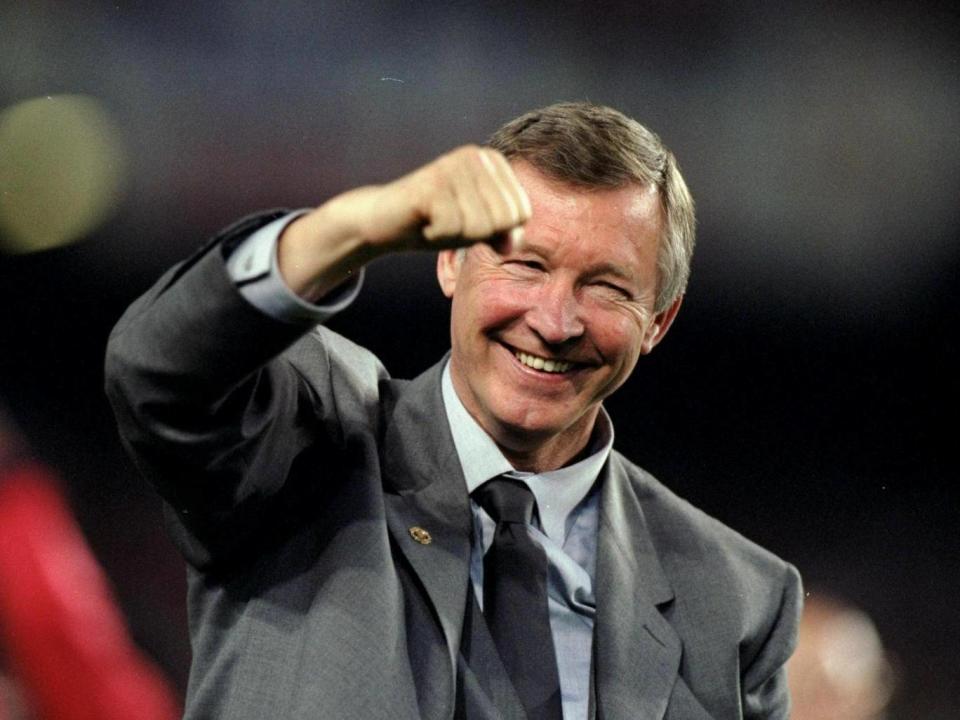
There is something even bigger here, that he needs to get beyond. But then there have been some signs of encouragement.
Mourinho has brought some players in from the cold in a way that would have been unimaginable earlier in his career, as illustrated with Luke Shaw’s recent return. Even more recently, there was the way the Everton game was won. It primarily came through Paul Pogba’s shift and a slick striker – rather than a physical focal point – in Anthony Martial up front.
Then there’s Mourinho’s basic competitive pride. No one like that takes what is happening at City easily.
The fire is there. The wonder is whether it can blaze its way through everyone again.
